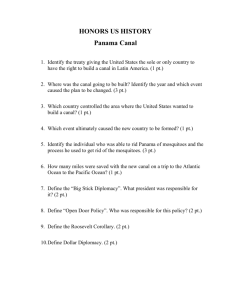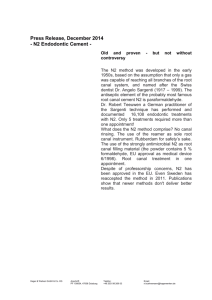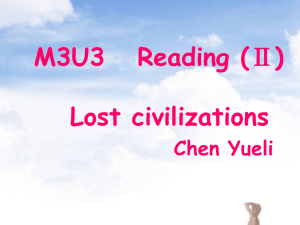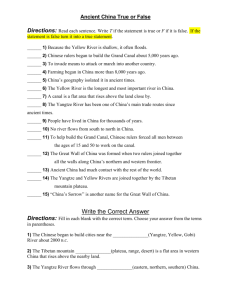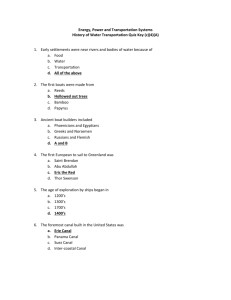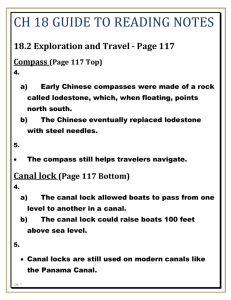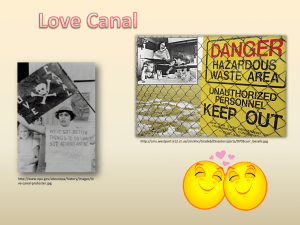Sui, Tang & Song Dynasties - White Plains Public Schools
advertisement
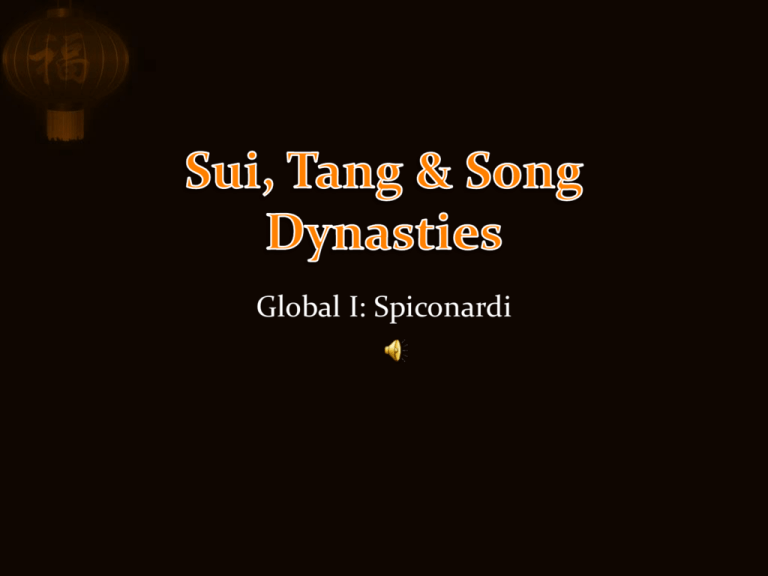
Global I: Spiconardi In 581 C.E., Yang Jian (Emperor Wen) reunites China by founding the Sui Dynasty The Sui supported both Buddhism & Daoism Emperor Wen was Buddhist Capital was in Xi’an …all the people within the four seas may, without exception, develop enlightenment and together cultivate [promote] fortunate karma, bringing it to pass that present existences will lead to happy future lives, that the sustained creation of good causation [action] will carry us one and all up to wondrous enlightenment Excerpt from Wen’s edicts. Who is Wen reminiscent of? ...The Grand Canal got more attention than other waterways because it was the main route to the capital city. Officials used it to travel to the court. Above all, its purpose was to carry grain from the south to the north. Taxes were paid in rice that was used to feed the court and pay the wages of workers and the army…Even when steamships plied the coast, the grain continued to be carried on the Grand Canal until 1901, for this provided jobs for many people…. Source: Lyn Harrington, The Grand Canal of China, Rand McNally & Company What are two reasons the Grand Canal was important to the Chinese? Wen and his son, Sui Yangdi, build the Grand Canal Grand Canal 1,400 mile long canal that linked the Huang He & Yangtze Rivers Purpose was to ensure that grain could be transported to the capital Over 5 million workers constructed the canal Tree lined roads with post offices were built parallel to the canal Strain on Labor Overworked on Grand Canal & rebuilding of the Great Wall Major losses in northern military campaigns Farmers forced to leave land to fight “Propitious paws" and “Fortunate feet“ Able bodied Chinese would deliberately break arms & legs to avoid military conscription Found by Li Yuan (Emperor Gaozu of Tang) Empress Wu Concubine who is the only recognized ruling empress in Chinese history Had secret police Persecuted, killed, tortured enemies Embraced Buddhism Despised by Confucian scholars & moralists Empress Wu is rumored to have even killed her own daughter Why would Confucian scholars not approve of Empress Wu’s reign? Continued construction on the Great Wall and Grand Canal Secured territory from northern nomads Leads to re-opening of the Silk Road and revival of trade Tang coin Bureaucracy, Confucianism, & Civil Service Restored bureaucracy within China Reintroduced civil service exams Opened schools to prepare students for service Studied Confucianism and poetry Golden Age of Chinese literature Mix of meritocracy & aristocracy (new class of people) Gentry powerful class of well-todo people who enjoy a high social status due to position in the government Porcelain bone-hard, white ceramic; better known as “china” Valuable export for the Chinese Technology behind its production was secret for centuries Arts flourished under the Tang Block Printing one block on which a whole page is cut then printed on paper Gunpowder First used for fireworks and then military application Song are able to restore a Chinese empire after warlords over ran the Tang Mechanical clock operated by running water Moveable Type A printer could arrange blocks of individual characters in a frame to make up a page for printing Paper Currency Song government minted paper money to replace bulky strings of metal currency used by merchants Contributed to the development of a large scale commercial economy Magnetic Compass Helps China become a sea power Trade routes along Pacific Ocean and Southeast Asia grow Paintings Reflected the Daoist love of nature “Black is ten colors” Artists did not use bright colors
